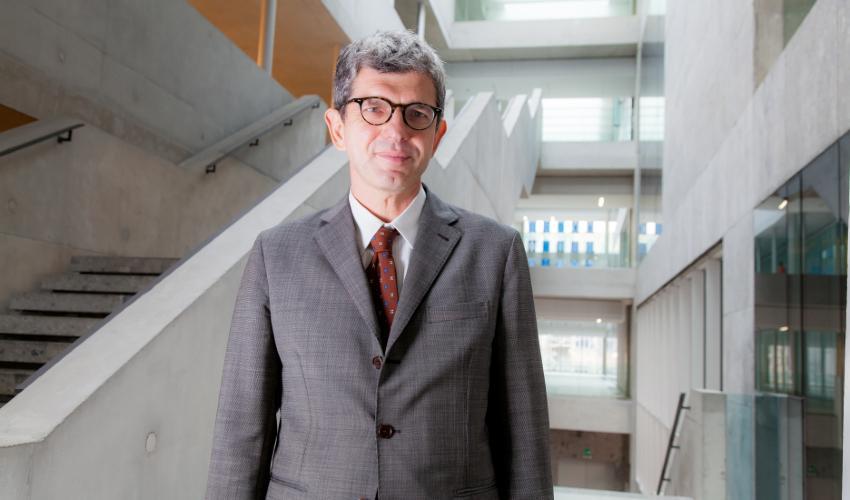
In a World of Likes and Fake News, Critical Thinking Is Crucial
THE DEVELOPMENT OF THE ABILITY TO CRITICALLY ASSESS REALITY REQUIRES AN INTERDISCIPLINARY APPROACH THAT MERGES LOGIC, LINGUISTICS AND COGNITION THEORY. MORE THAN EVER, IT'S ESSENTIAL TO JUDGE WHAT'S REAL AND RELEVANT AS TRUTH BECOMES MORE OBFUSCATED AND THE WORLD MORE PARTISANby Damiano Canale, Dept. of Legal Studies, Bocconi
Translated by Alex Foti
What does it mean to think critically? In ancient Greece, the word kriticós indicated the ability to judge and discern things, so as to make the best choice for us and for others. Today, this kind of ability seems to be under threat. The current world of hyper-communication monopolized by social media seems to have impaired our judgment in assessing other people’s opinion, discerning the true from the false, and distinguishing good from bad arguments in a given issue. The culprits are well known. The inflation of the information that bombards us every day makes it difficult to distinguish what is actually reliable and relevant from what is not. The phenomenon is exacerbated by the proliferation of fake news, that is, by the deliberate diffusion of false information that panders to widespread prejudice and fears, thus succeeding in attracting the attention of the public. To this must be added the fact that any exchange of views, both on social media and in public discussion, tends to turn into an all-out fight, where insulting, denigrating and ridiculing an opponent’s opinion replace well-informed, critical discussion of the issues. All this drastically not only reduces the quality of public debate and collective choice, but also people’s ability to make a judgment on issues that are often very relevant to their lives.
➜ from reasoning to judgment
It is no coincidence, then, that the most important universities in the world are offering courses in Critical Thinking, which have the objective of refining the student's ability to adequately argue in favor a thesis in both everyday talk and scientific discourse, while also learning how to correctly refute another person’s thesis, identify errors in one’s own reasoning, and evaluate the reasons that support an opposing argument.
This goal can only be achieved by adopting an interdisciplinary approach, i.e. by drawing from the insights provided by logic, linguistics, argumentation theory, cognitive psychology. The ability to make a good judgment does not only depend on the criteria that make a kind of reasoning valid. It also depends on one’s ability to evaluate the strength of an argument, while understanding the rules of linguistic communication, and the cognitive bias that often leads people to make mistakes in selecting a choice, errors that are due to the very structure of our minds.
Becoming aware of the various aspects that affect the reliability of a judgment within each field of knowledge can make students more confident about their future studies, and especially make them acquire the critical and non-dogmatic spirit of inquiry that is the trademark of a good university education.
Not only that. Today learning how to think critically is essential to make informed choices in every field of public life, thus demolishing the notion that those who have more voice or receive the most likes are necessarily those who are right.
